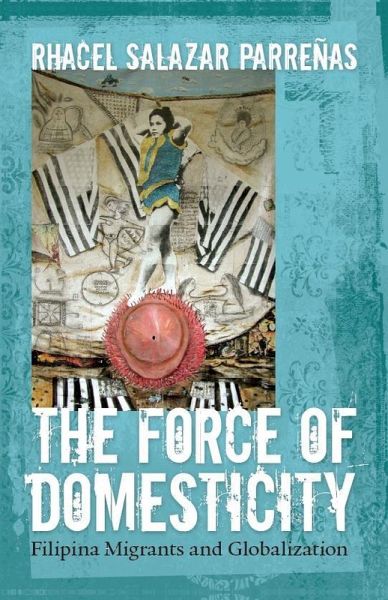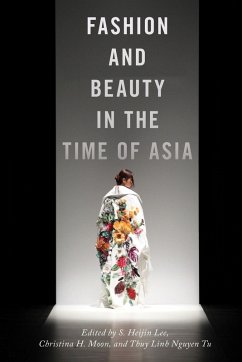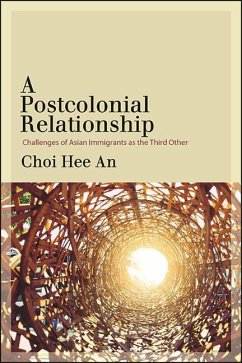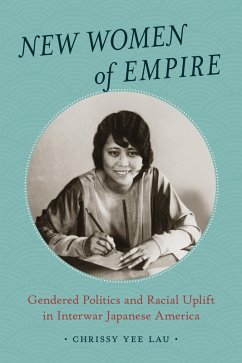
The Force of Domesticity (eBook, ePUB)
Filipina Migrants and Globalization
Versandkostenfrei!
Sofort per Download lieferbar
22,95 €
inkl. MwSt.
Weitere Ausgaben:

PAYBACK Punkte
11 °P sammeln!
Taking as her subjects migrant Filipina domestic workers in Rome and Los Angeles, transnational migrant families in the Philippines, and Filipina migrant entertainers in Tokyo, Parreñas documents the social, cultural, and political pressures that maintain women's domesticity in migration, as well as the ways migrant women and their children negotiate these adversities.Parreñas examines the underlying constructions of gender in neoliberal state regimes, export-oriented economies such as that of the Philippines, protective migration laws, and the actions and decisions of migrant Filipino women...
Taking as her subjects migrant Filipina domestic workers in Rome and Los Angeles, transnational migrant families in the Philippines, and Filipina migrant entertainers in Tokyo, Parreñas documents the social, cultural, and political pressures that maintain women's domesticity in migration, as well as the ways migrant women and their children negotiate these adversities.
Parreñas examines the underlying constructions of gender in neoliberal state regimes, export-oriented economies such as that of the Philippines, protective migration laws, and the actions and decisions of migrant Filipino women in maintaining families and communities, raising questions about gender relations, the status of women in globalization, and the meanings of greater consumptive power that migration garners for women. The Force of Domesticity starkly illustrates how the operation of globalization enforces notions of women's domesticity and creates contradictory messages about women's place in society, simultaneously pushing women inside and outside the home.
Parreñas examines the underlying constructions of gender in neoliberal state regimes, export-oriented economies such as that of the Philippines, protective migration laws, and the actions and decisions of migrant Filipino women in maintaining families and communities, raising questions about gender relations, the status of women in globalization, and the meanings of greater consumptive power that migration garners for women. The Force of Domesticity starkly illustrates how the operation of globalization enforces notions of women's domesticity and creates contradictory messages about women's place in society, simultaneously pushing women inside and outside the home.
Dieser Download kann aus rechtlichen Gründen nur mit Rechnungsadresse in A, D ausgeliefert werden.













